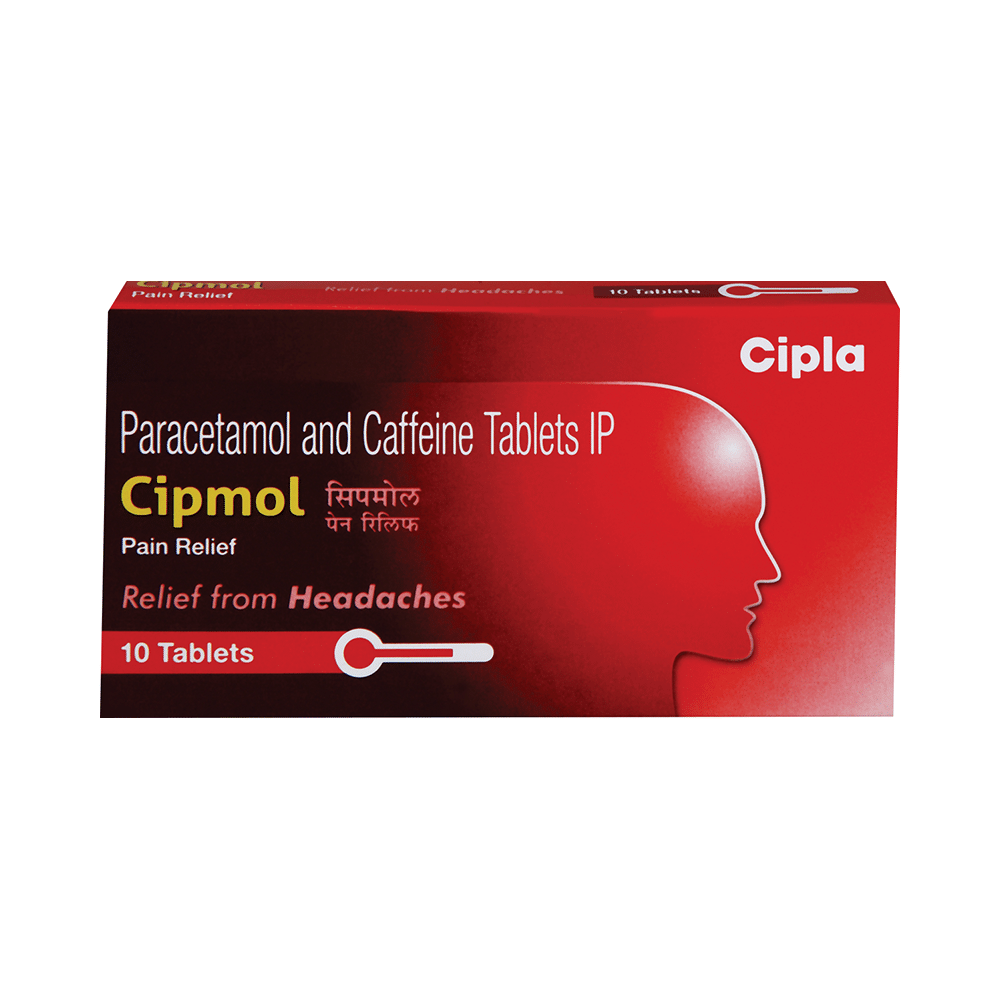
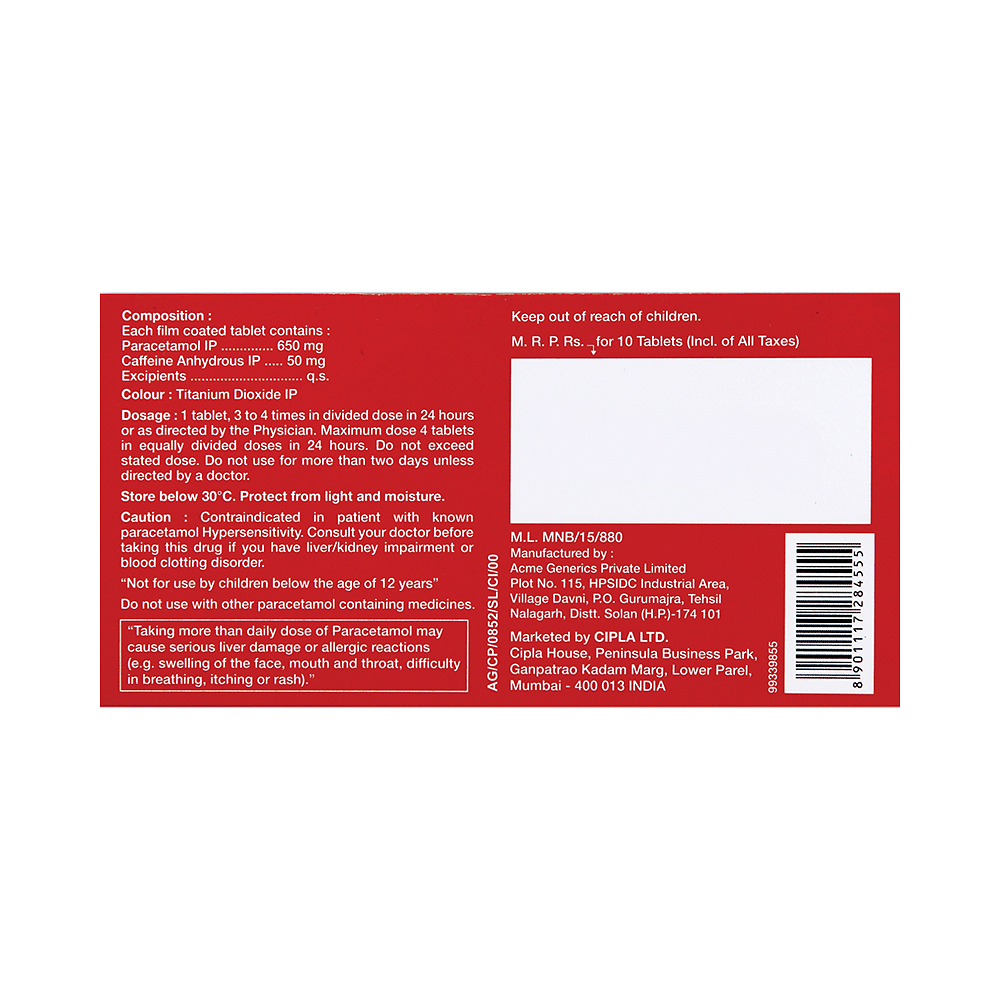
Cipmol Pain Relief Tablet
Manufacturer
Cipla Ltd
Salt Composition
Caffeine (50mg) + Paracetamol (6mg)
Key Information
Short Description
Cipmol Pain Relief Tablet is a combination of two medicines used in the treatment of headache. It helps relieve headache by blocking the release of certain chemical messengers that causes headache.
Dosage Form
Tablet
Introduction
Your doctor will advise how much Cipmol Pain Relief Tablet you need to take. It can be taken with or without food. You should take the medicine regularly while you do need it and try not to miss doses as it will become less effective. It should be used with caution in people who have any problems with their heart, kidneys, or liver. Using this medicine may cause sleep problems (insomnia), nervousness, irritation, or restlessness. If you experience any of such side effects that do not go away or worsen, you should let your doctor know. Your doctor may be able to suggest ways of preventing or reducing the symptoms. In general, you should try to use the smallest amount necessary to control your symptoms. Before using the medicine, you should tell your doctor if you have any other illnesses or disorders. It may also affect, or be affected by, some other medicines you are using so let your doctor know all the other medicines you are taking. Do not consume alcohol when on treatment with this medicine as it may cause excessive sleepiness. Pregnant and breastfeeding women should consult their doctors first before using the medicine.
Directions for Use
Take this medicine in the dose and duration as advised by your doctor. Swallow it as a whole. Do not chew, crush or break it. Cipmol Pain Relief Tablet may be taken with or without food but it is better to take it at a fixed time. Avoid Cipmol Pain Relief Tablet with caffeine and chocolate as well as food containing caffeine and chocolate such as tea leaves, cocoa beans.
Safety Information
Side Effects
No common side effects listed
Alcohol Warning
It is unsafe to consume alcohol with Cipmol Pain Relief Tablet.
Breastfeeding Warning
Cipmol Pain Relief Tablet is probably unsafe to use during breastfeeding. Limited human data suggests that the drug may pass into the breastmilk and harm the baby.
Pregnancy Warning
Cipmol Pain Relief Tablet is unsafe to use during pregnancy as there is definite evidence of risk to the developing baby. However, the doctor may rarely prescribe it in some life-threatening situations if the benefits are more than the potential risks. Please consult your doctor.
Interacting Medicines
Other medicines you are using
How it works
Cipmol Pain Relief Tablet is a combination of two medicines: Caffeine and Paracetamol. Caffeine narrows the blood vessels in the brain to reduce headache. Paracetamol is an analgesic (pain reliever) which works by blocking the release of certain chemical messengers that cause pain. Together, they relieve headache effectively.
Quick Tips
Managing your stress levels well and taking 6-7 hours of sleep at night can help prevent a headache. You can take a dose of Cipmol Pain Relief Tablet every 4-6 hours if needed, up to four times a day. Remember to leave at least four hours between doses and do not take more than four doses in any 24-hour period. Taking too much of this medicine can cause damage to your liver because of the presence of paracetamol in it.
Related Medicines
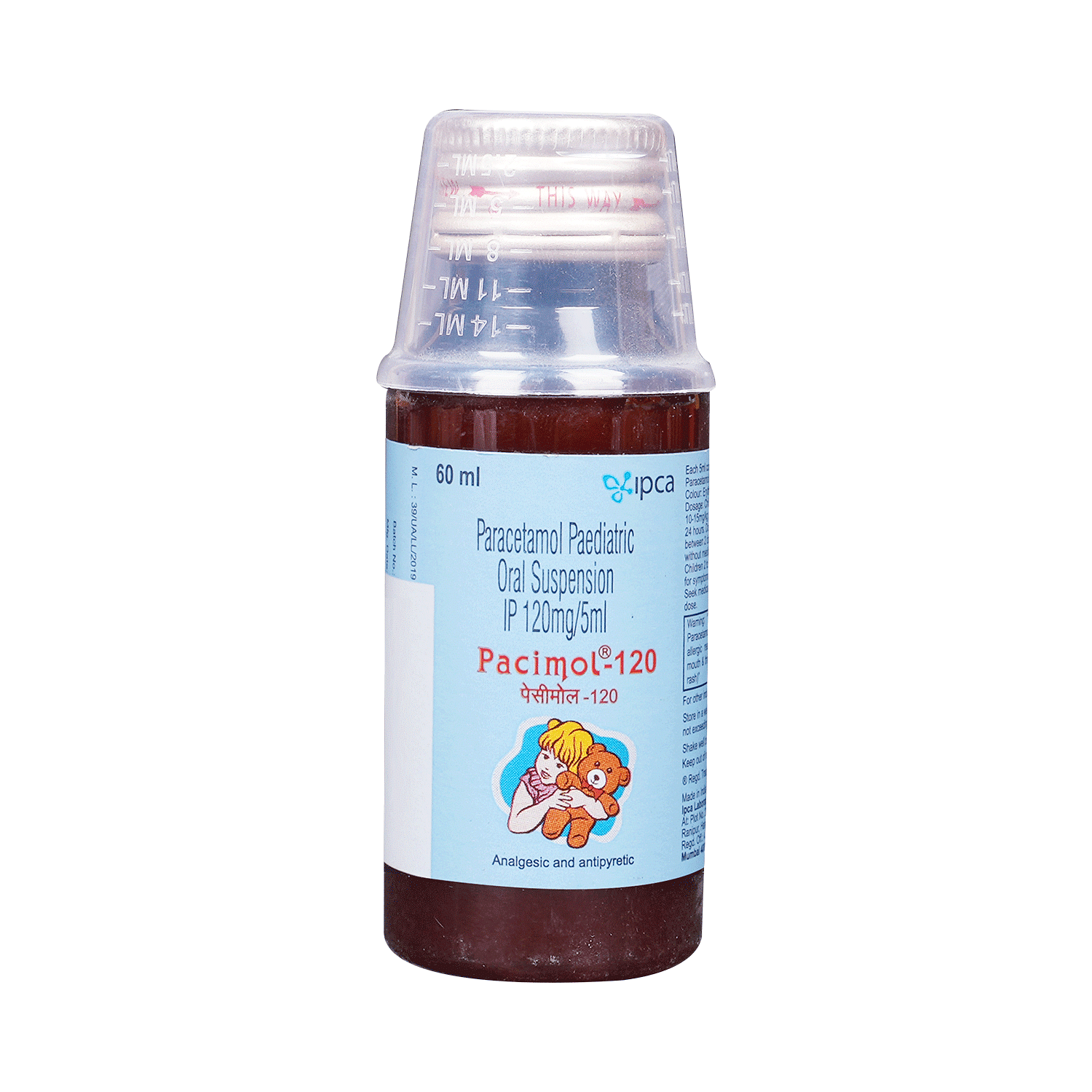
Pacimol-120 Suspension
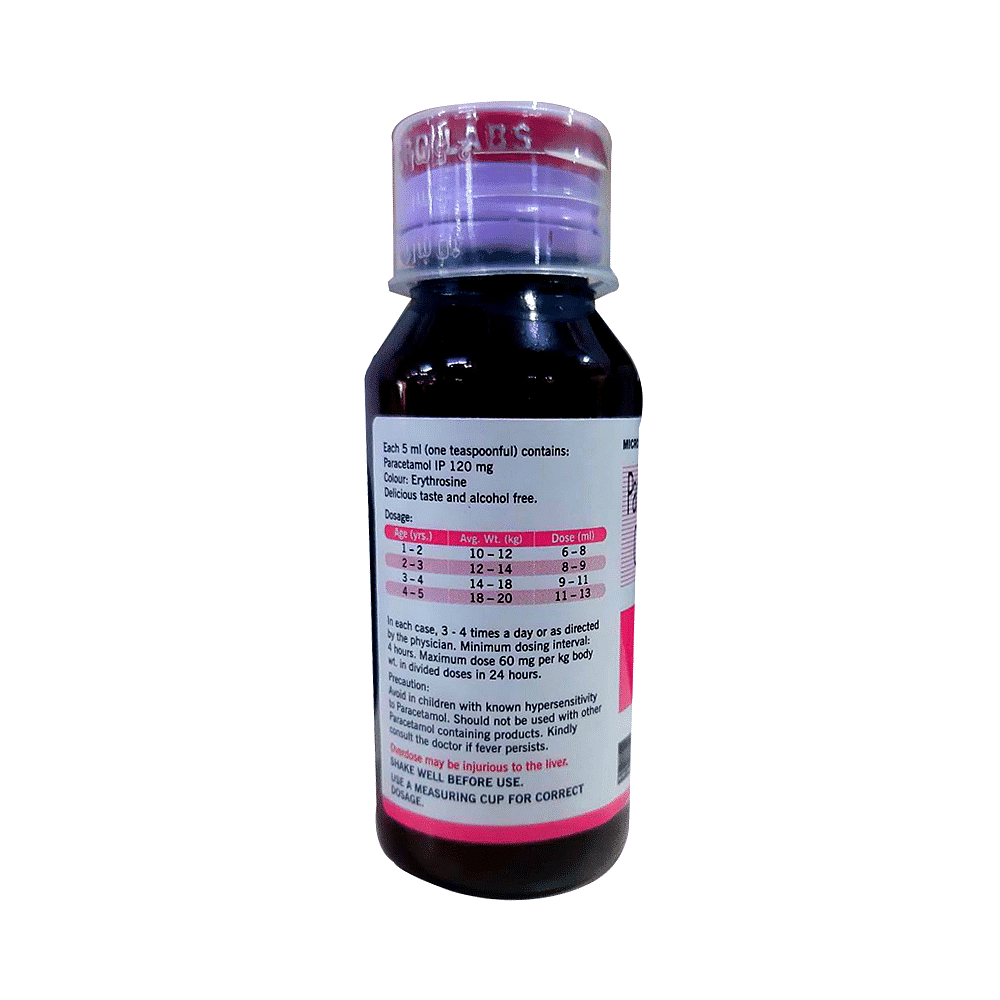
Dolo 120 Suspension

Saridon Tablet
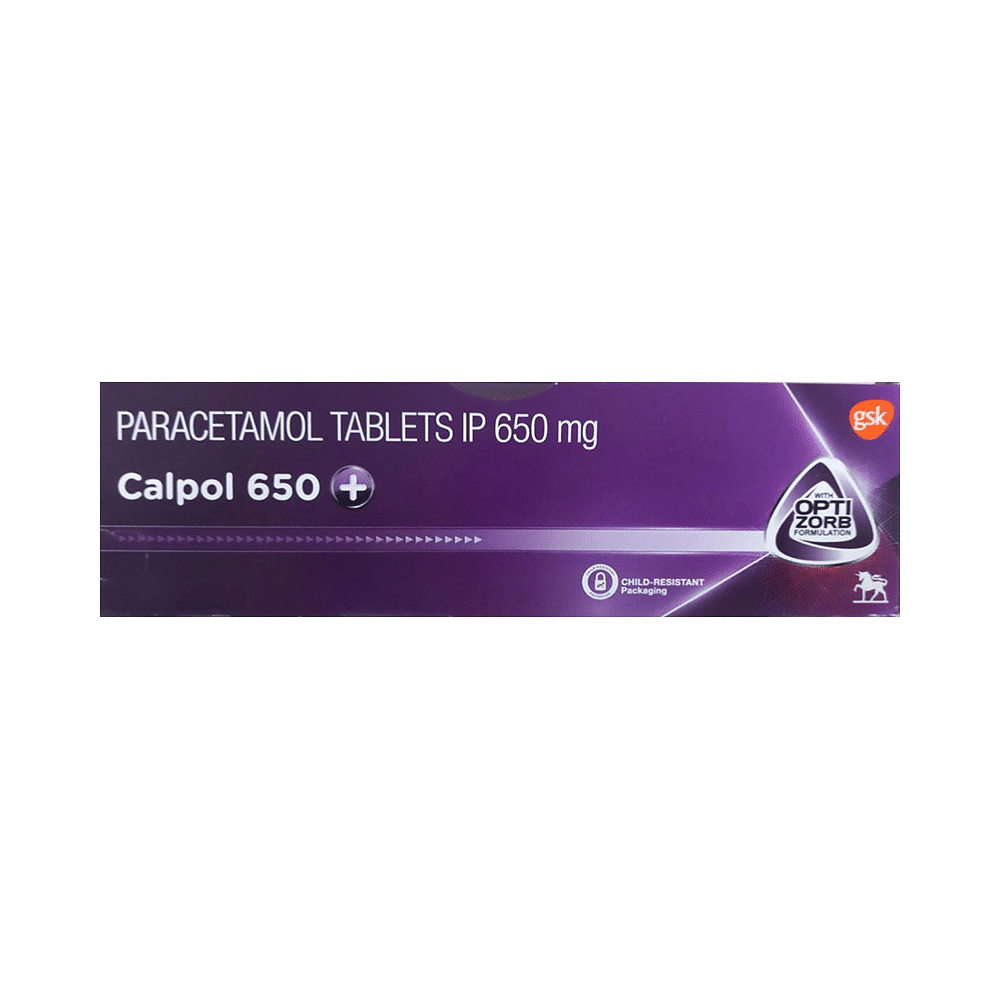
Calpol 650+ Tablet
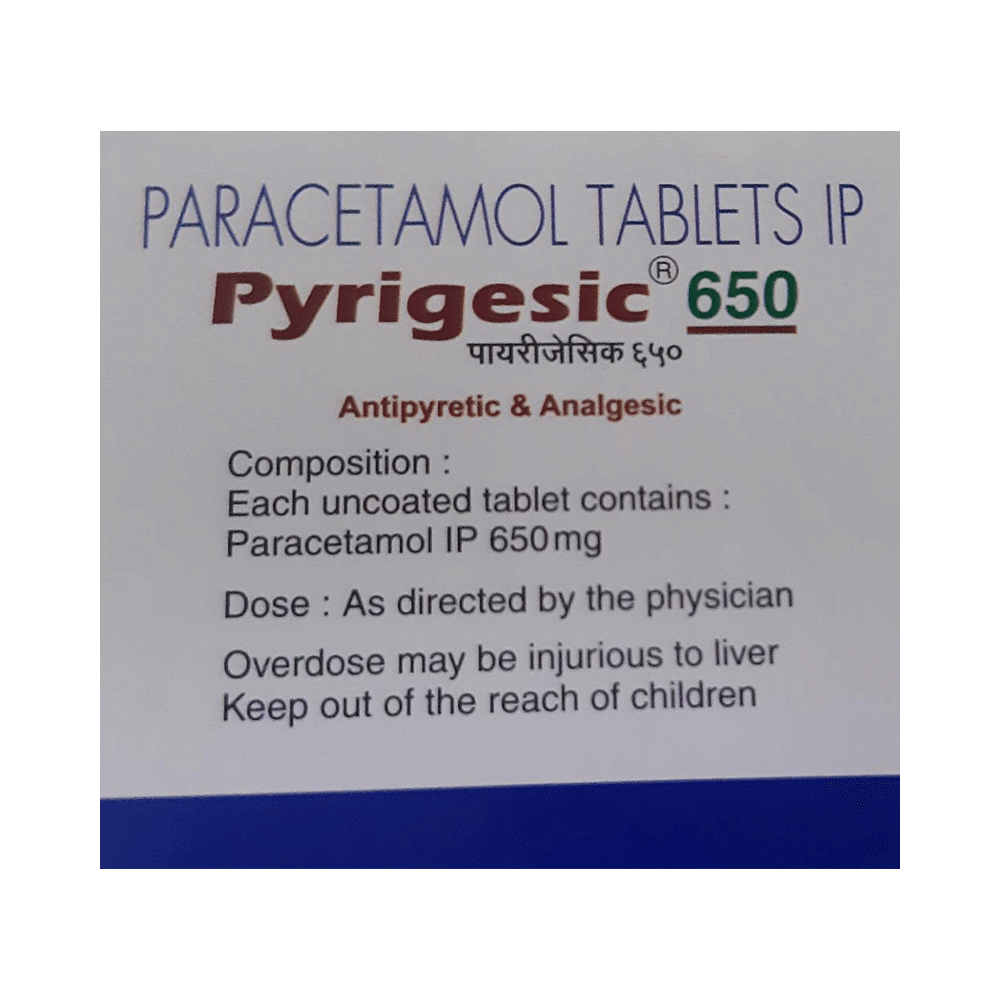
Pyrigesic 650 Tablet

Calpol 120 Suspension Strawberry

Crocin 650 Tablet

Dolopar Tablet
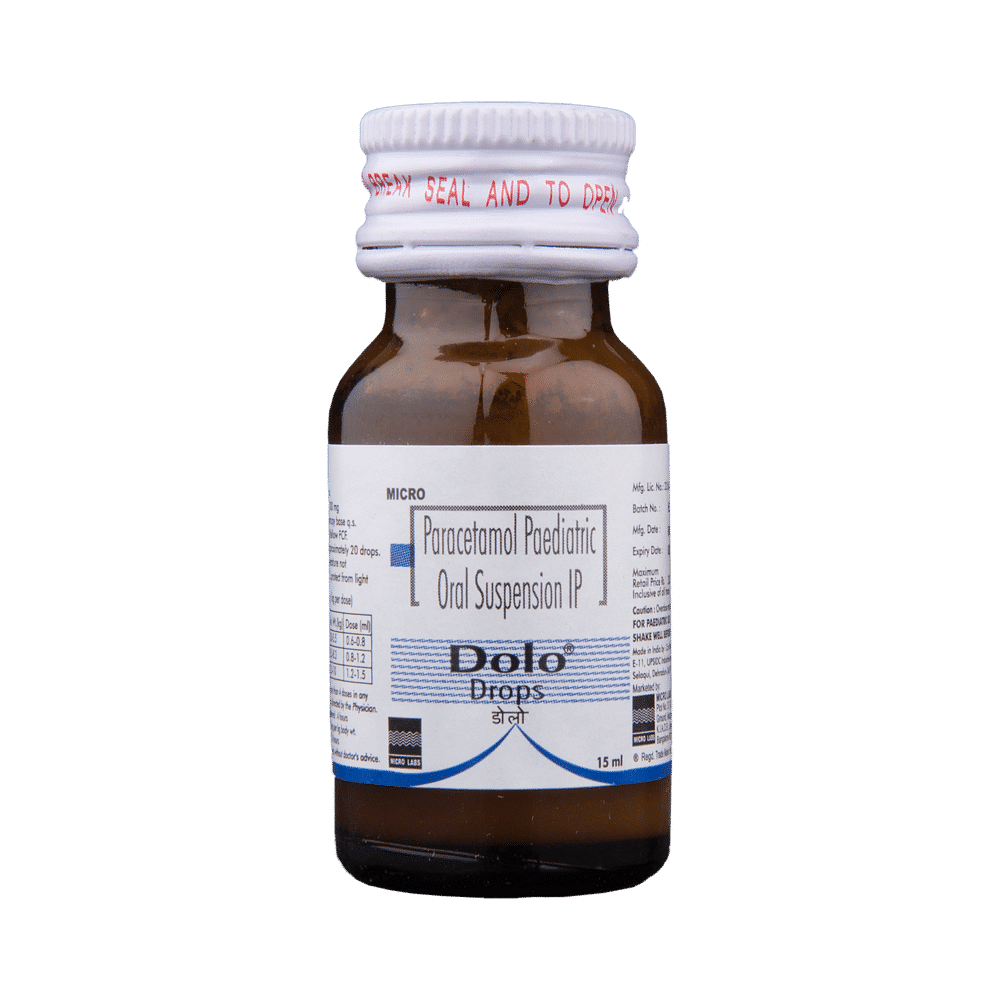
Dolo Drop

Saridon Head & Body Tablet
Frequently asked questions
What is the benefit of combining caffeine with paracetamol in Cipmol Pain Relief Tablet?
Caffeine increases the effectiveness of paracetamol when taken together in Cipmol Pain Relief Tablet.
What should I do if I accidentally take too much Cipmol Pain Relief Tablet?
Contact your doctor immediately, even if you feel well. Taking too much Cipmol Pain Relief Tablet can cause serious liver damage. Look out for symptoms such as fever, rash, loss of appetite, nausea, vomiting, fatigue, stomach pain, dark urine, and yellow skin or eyes.
What are the recommended doses of Cipmol Pain Relief Tablet for adults and children?
Adults should take 1-2 tablets every 4 hours, with a maximum of 8 tablets per day. For children, give 1 tablet every 4 hours, but not more than 4 tablets in a day.
Can I use Cipmol Pain Relief Tablet to treat headaches every day?
Avoid using Cipmol Pain Relief Tablet for headache treatment more than 2-3 days per week. Overusing it can lead to the occurrence of a medicine-overuse headache.
How should I store and dispose of unused Cipmol Pain Relief Tablets?
Keep the tablets in their original packet or container, tightly closed. Store them according to the instructions on the pack or label. Dispose of any unused medication responsibly, ensuring it is not accessible to pets, children, or other individuals.
Can Cipmol Pain Relief Tablet cause liver damage?
Cipmol Pain Relief Tablet contains paracetamol, which can harm the liver in high doses. Additionally, avoid consuming alcohol while taking this medicine, as it may increase your risk of liver damage further. Use of this medication should be avoided in patients with pre-existing liver disease. Seek medical attention immediately if you notice early signs and symptoms of liver damage, such as fever, rash, loss of appetite, nausea, vomiting, fatigue, stomach pain, dark urine, yellow skin or eyes, or abnormal liver enzymes.


